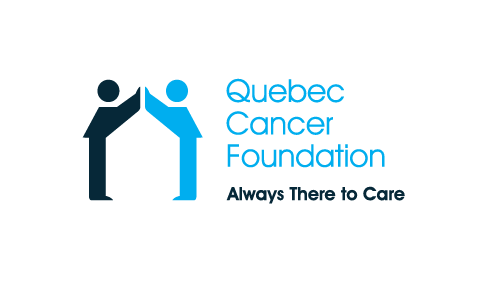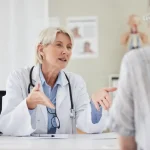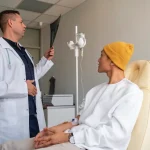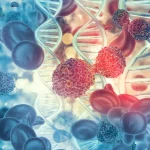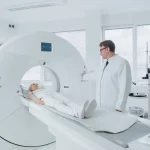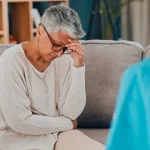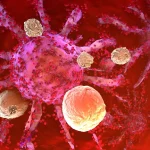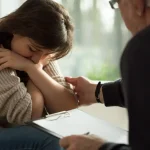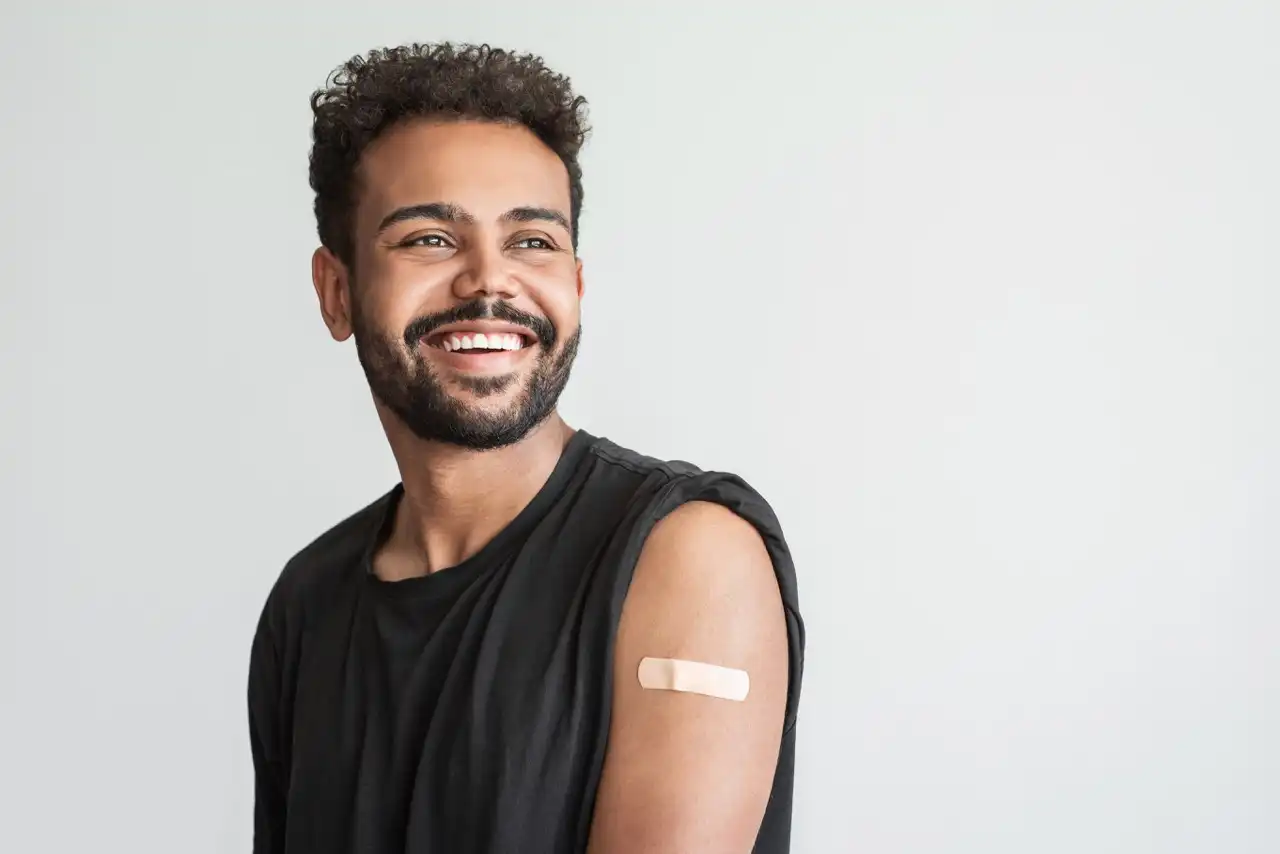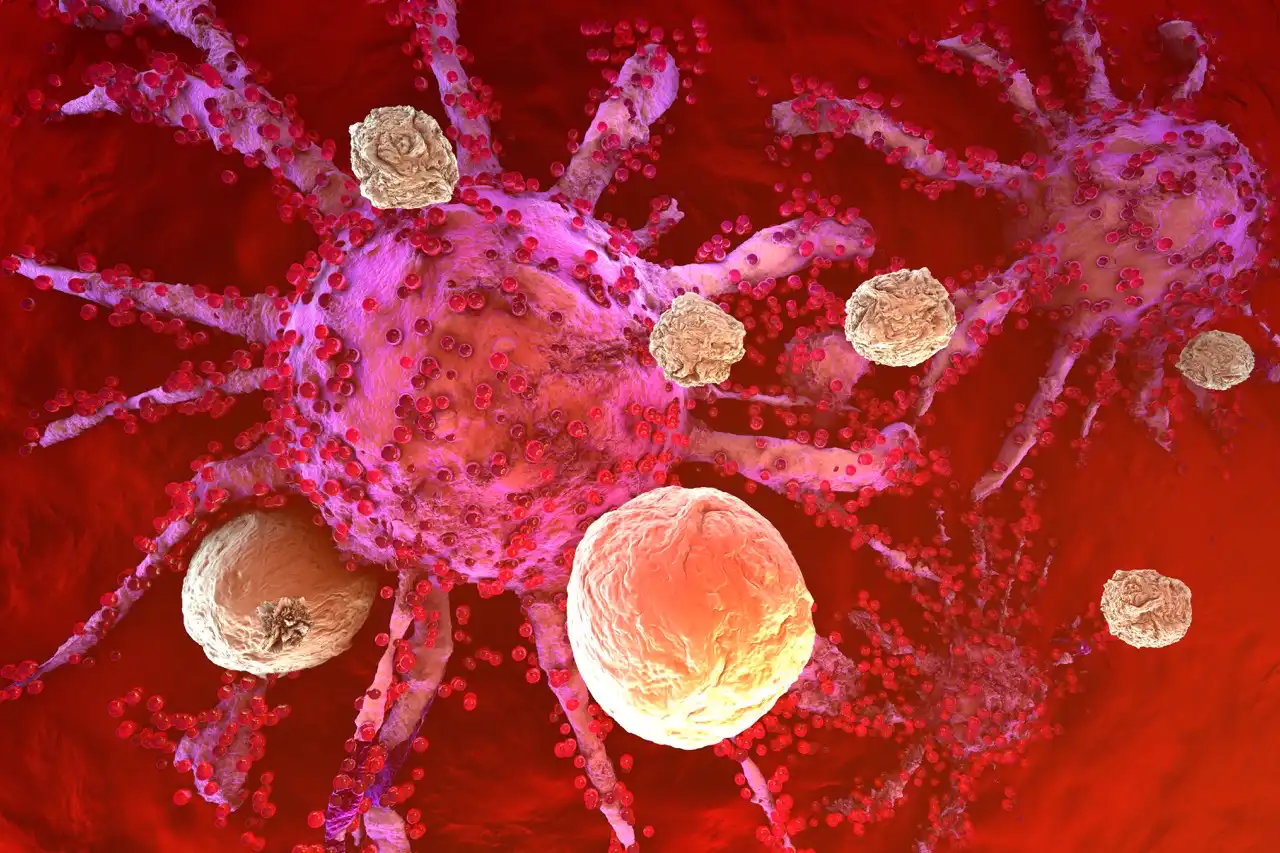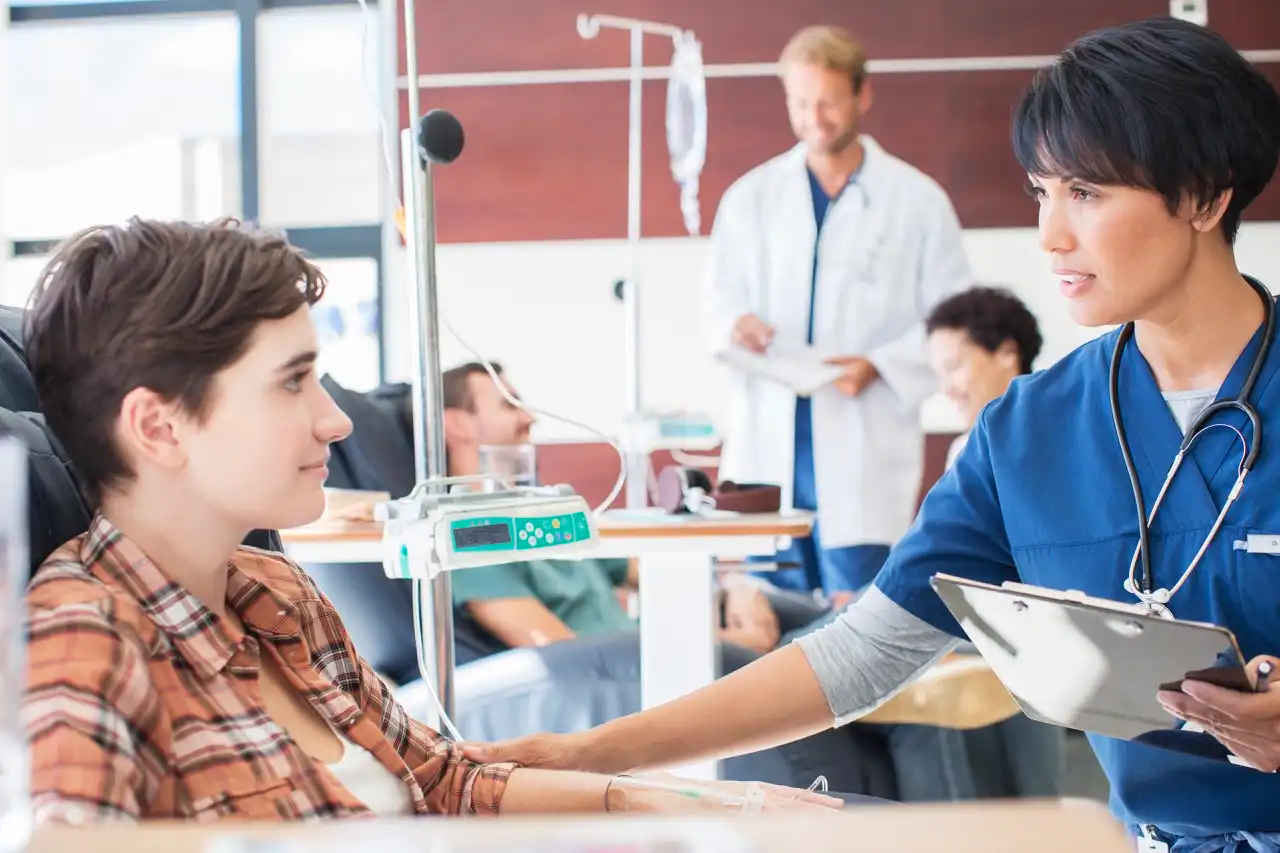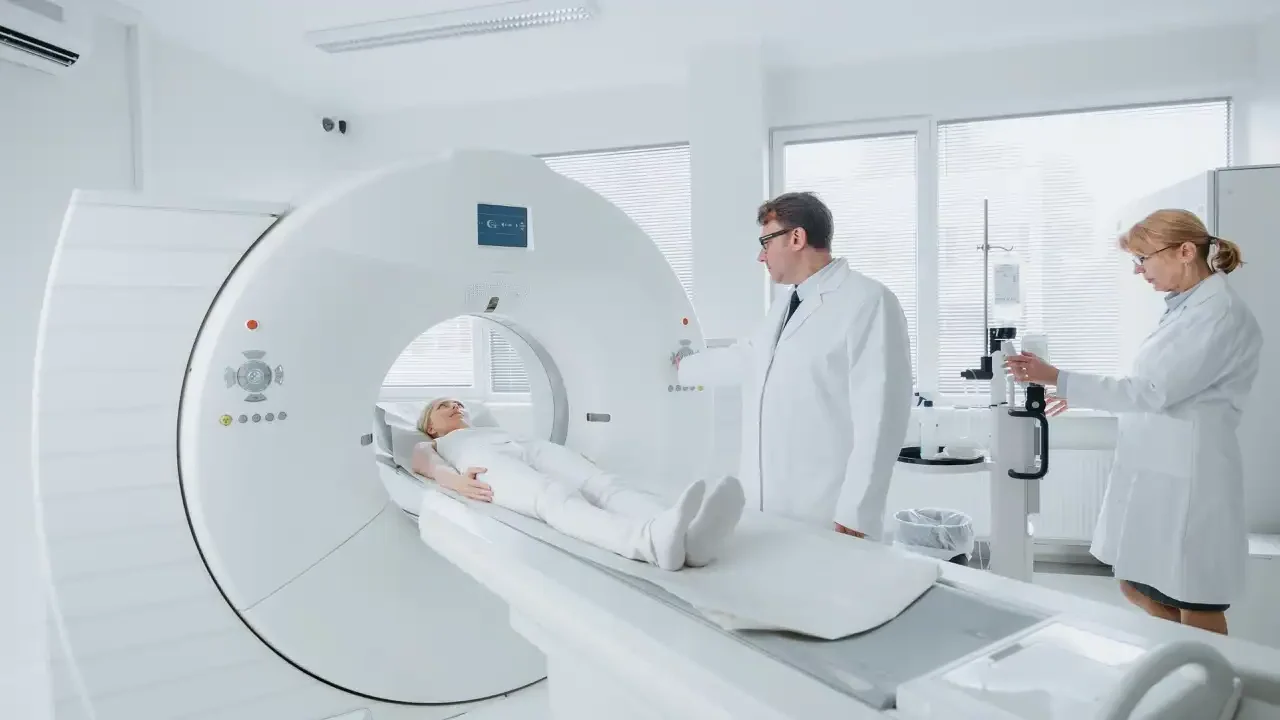For any questions:
Managing side effects of cancer and treatments
Last update : june 2018
Although usually transitory, they can vary depending on the treatment in question and the sensitivity of each individual. They could signal a worsening of the disease, but it is important to know that this is rarely the case. Effective ways of managing these problems do exist, however. Being aware that these side effects are common and that their impact can be lessened helps alleviate concerns and promote a better quality of life during treatment.

The following side effects are the ones most frequently observed in oncology. For each, there is a description to help identify it, with useful tips on how to manage the attendant discomfort. Moreover, given that some of these effects – sometimes intense – require professional attention, we’ve also provided information indicating when you should tell the treatment team about them.
Check our catalog and borrow one or more books on the subject free of charge or consult our information leaflets.
Anxiety and depression
Some people experience symptoms of anxiety and depression during treatment.
Constipation
Constipation is defined as a reduction in the evacuation of feces formed in the intestine.
Diarrhea
Diarrhea occurs when stools are abnormally liquid and frequent compared to your personal average (over four to six bowel movements per day).
Secondary effects associated with anti-hormonal therapy
Taking hormone blockers may affect the functioning of the endocrine glands and slightly modify your physical appearance.
Fatigue and anemia
Fatigue is a feeling of weariness and exhaustion, accompanied by physical weakness and lack of energy.
Hemorrhages and bleeding
A decrease in the number of platelets in the blood (thrombopenia or thrombocytopenia), as a result of chemotherapy or radiation therapy, can give rise to prolonged bleeding or hemorrhaging.
Mouth and throat
The mucous membranes in the mouth and throat are very sensitive tissue and are therefore more affected by certain treatments.
Lymphedema
Lymphedema is a swelling caused by an abnormal accumulation of fluid in the subcutaneous tissue.
Skin changes
Skin conditions are some of the temporary, occasional effects of chemotherapy.
Altered taste
While undergoing chemotherapy or radiation therapy, some people notice that their food has a bitter or metallic taste.
Nausea and vomiting
Nausea and vomiting are often temporary and do not affect everyone receiving treatment for cancer.
Peripheral neuropathy
Peripheral neuropathy is the result of damage to peripheral neurons caused by a chemotherapeutic agent.
Febrile neutropenia
Febrile neutropenia is the most common complication of chemotherapy.
Loss of appetite
In most cases, people with cancer who are receiving chemotherapy experience disruptions in appetite.
Hair loss (alopecia)
Hair loss is a common side effect of some chemotherapy; onset usually occurs after two or three weeks of treatment.
Cutaneous and mucosal reactions
Chemotherapy and radiation can produce skin reactions of varying intensity, such as changes in the colour, texture or integrity of the skin and mucous membranes (e.g. inside the mouth, nose, etc.).
Reproduction and Fertility
In general, chemotherapy disrupts the reproductive functions of both men and women.
Sexuality
Cancer treatments generally have a disruptive effect on sexual activity. Usually this is a temporary situation. Fertility and reproductive performance, however, may be compromised permanently.
Urinary symptoms
The urinary tract system contains two kidneys, which filter your blood to remove waste through your urine. The urine remains in the bladder between evacuations (micturition) to eventually be eliminated through the duct known as the urethra.
Digestive disorders other than constipation and diarrhea
Medical treatments, lack of exercise, nervousness and rushed meals can also be the cause.
To find out more
To obtain more detailed information on managing side effects and some tips on how to feel better, call the Info-cancer Hotline at 1-800-363-0063 to talk to a nurse or documentalist.
Borrow one or more books on the subject free of charge from our Info-cancer Library (available in French only).
